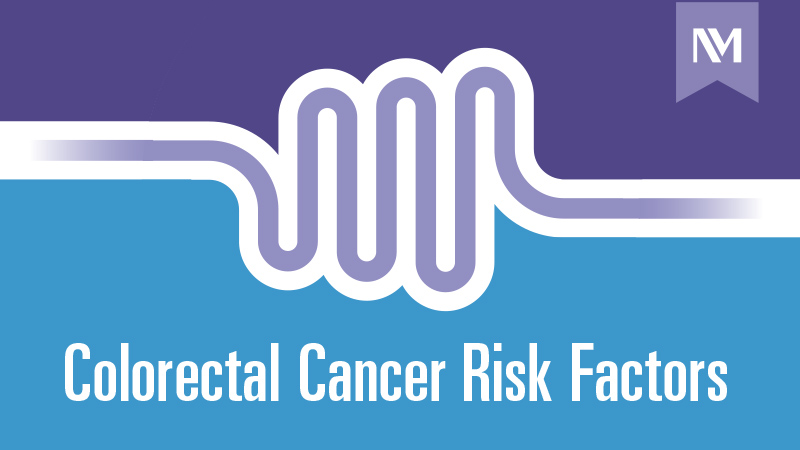The Northwestern Medicine Colorectal Disease Program
The Colorectal Disease Program, part of the Northwestern Medicine Digestive Health Center, offers an extensive colorectal cancer screening program.
The Colorectal Cancer Screening Program
The Northwestern Medicine Digestive Health Center offers an extensive Colorectal Cancer Screening Program that includes advanced colonoscopic imaging for early cancer detection, as well as state-of-the-art endoscopic approaches to colon polyp removal, including:
- Minimally invasive surgery for colon and rectal cancer
- Sphincter-sparing surgery for rectal cancer
- Advanced and complicated surgery for colorectal cancer
- Complex re-operative surgery for colon and rectal cancer
- Multidisciplinary (team) management of advanced colon and rectal cancer
- Hereditary cancer (Lynch syndrome and HNPCC) and polyp syndromes (FAP, MYH and serrated polyposis)
- Anal cancer and dysplasia (pre-cancer)
- Benign and malignant tumors of the small bowel and appendix
- Surgery to correct complications related to prior surgery
Why You Should Request a Screening Colonoscopy
Watch Raj Keswani, MD, provide a better understanding of colorectal cancer and how a screening colonoscopy may help prevent it.
Meet the Team

The Northwestern Medicine Colorectal Disease team offers extensive programs that include advanced colonoscopic imaging for early cancer detection and state-of-the-art endoscopic approaches for screening.
Treatments and procedures
- “Incisionless” Trans-anal Surgery for Rectal Polyps and Cancer
- Colonic Stent Placement
- Endoscopic Complex and Large Polyp Removal (Endoscopic Mucosal Resection)
- Laparoscopic (Minimally Invasive) Partial Colectomy
- Laparoscopic J-pouch (Ileal Pouch Anal Anastomosis) Surgery
- Laparoscopic Rectal Surgery
- Laparoscopic Total Colectomy
- Laparoscopic Total Proctocolectomy
- Traditional Colon and Rectal Surgery
- Transanal Endoscopic Microsurgery (TEM)



